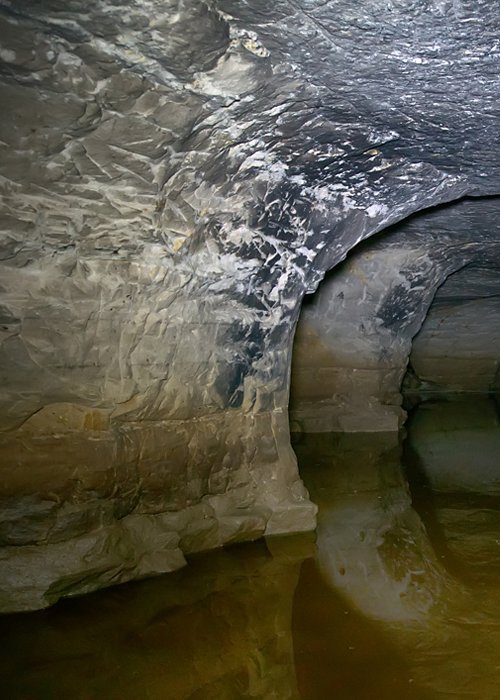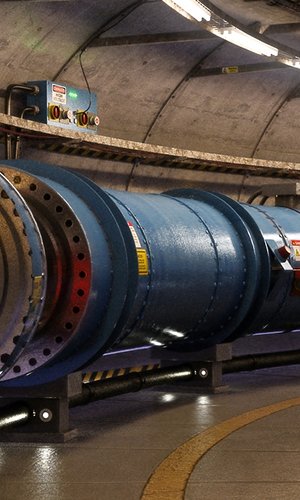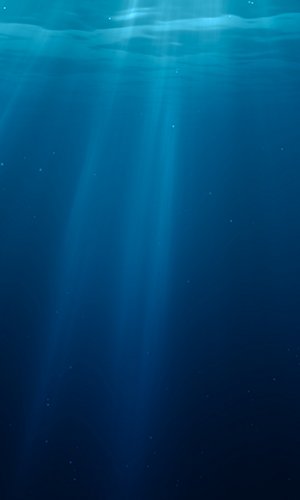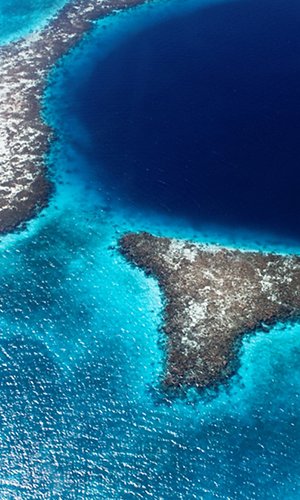Deep within a Canadian mine, a geologist made a discovery that quite literally rewrote the history of life on our planet. She didn’t find a fossil or a rare mineral, but something far more unexpected: water dating back to a time when Earth was still in its infancy. This discovery, in addition to being an astonishing time capsule, has rekindled hope in the search for life beyond our world. Geologist Barbara Sherwood Lollar and her team were working in the Kidd Creek mine, near Timmins, Ontario, Canada—one of the deepest base metal mines on Earth. During excavations at around 2.4 kilometres below ground, they tapped into a pocket of water which, according to initial analyses, had been sealed off from the surface for billions of years. The surprise was enormous. Geochemical analyses conducted by Sherwood Lollar’s team revealed that the water wasn’t just old—it was unimaginably ancient. Its age was estimated at around 2 billion years. To put that into perspective, at that time life on Earth consisted almost entirely of bacteria, and the atmosphere was not yet rich in oxygen as we know it today. Driven by curiosity, Dr Sherwood Lollar even tasted a small sample of the water. Her description was anything but pleasant: “terribly salty,” “bitter,” and much denser than the water we drink every day. That’s because its chemical composition is entirely different: due to its long isolation in the rocks, the water is rich in dissolved gases such as hydrogen and methane, as well as salts in concentrations that make it eight times saltier than seawater. The surrounding rocks also released substances like calcium, magnesium and iron into the water, giving it a unique flavour and consistency that no modern lifeform could possibly appreciate. The true significance of the discovery does not lie in its age or taste, but in its implications for astrobiology—the study of extraterrestrial life. The team discovered that this ancient water was not sterile but teeming with microorganisms that had survived in a completely isolated environment, without any sunlight. These microorganisms are able to feed on sulphates present in the water, generated by a reaction between the water and the surrounding rocks. This discovery proves beyond doubt that life can thrive under extreme conditions, in an entirely self-sufficient ecosystem isolated from the surface. It strengthens the hypothesis that life may exist on other celestial bodies with similar subterranean environments, such as Jupiter’s icy moon Europa or Saturn’s Enceladus, which are believed to harbour vast oceans beneath their frozen crusts. If life could survive for billions of years in the depths of Earth, it might well do the same on other worlds.





